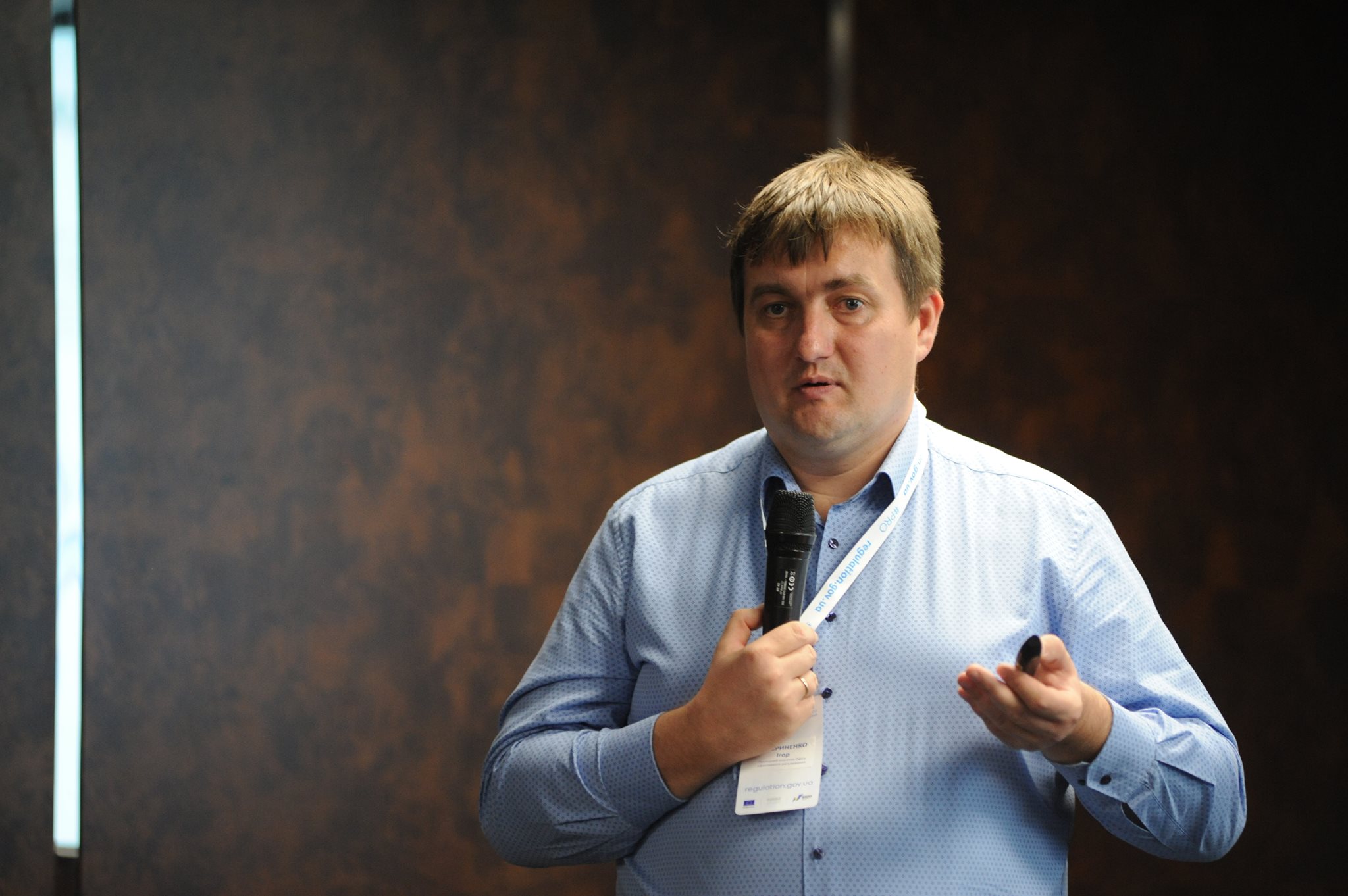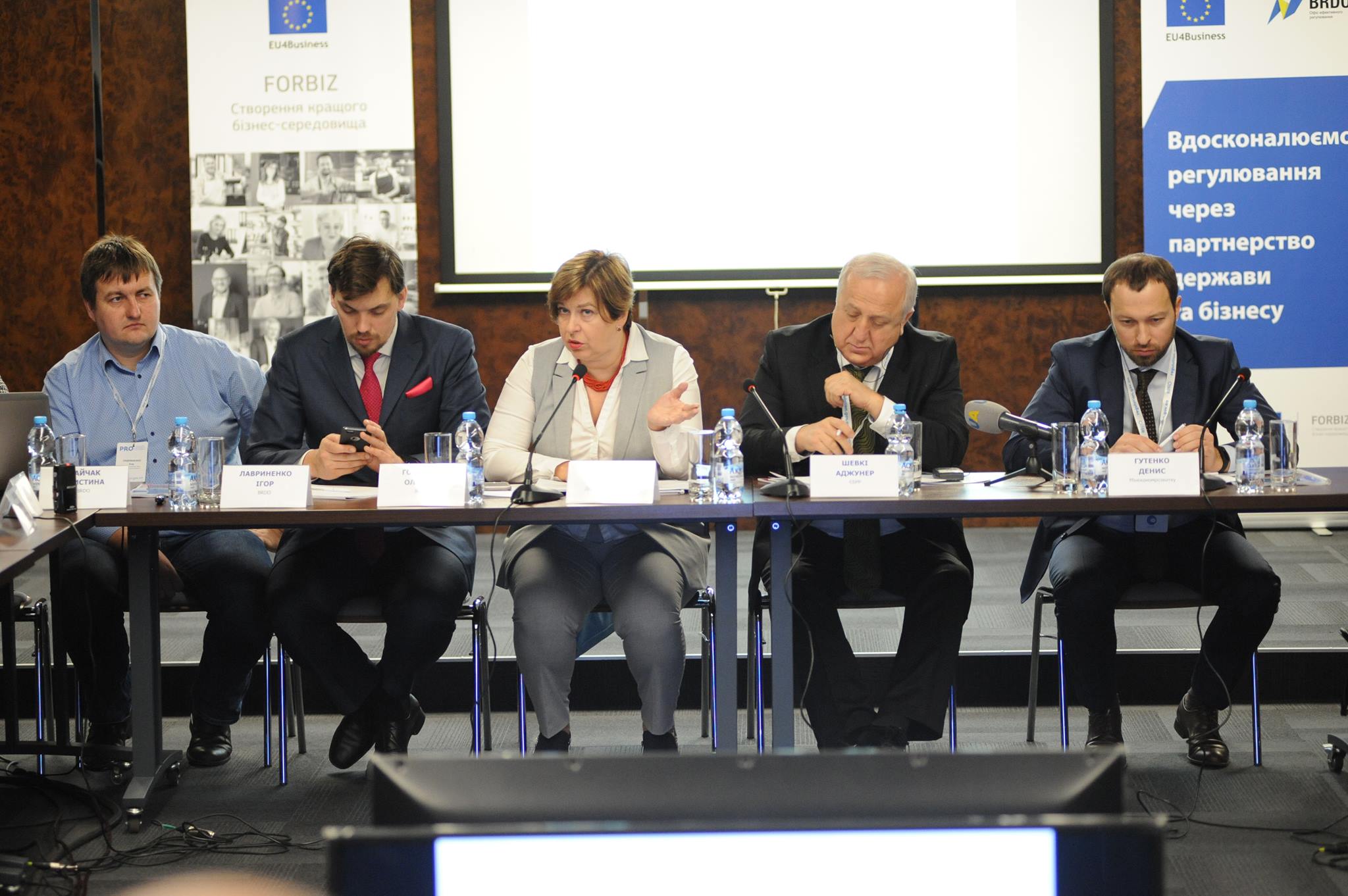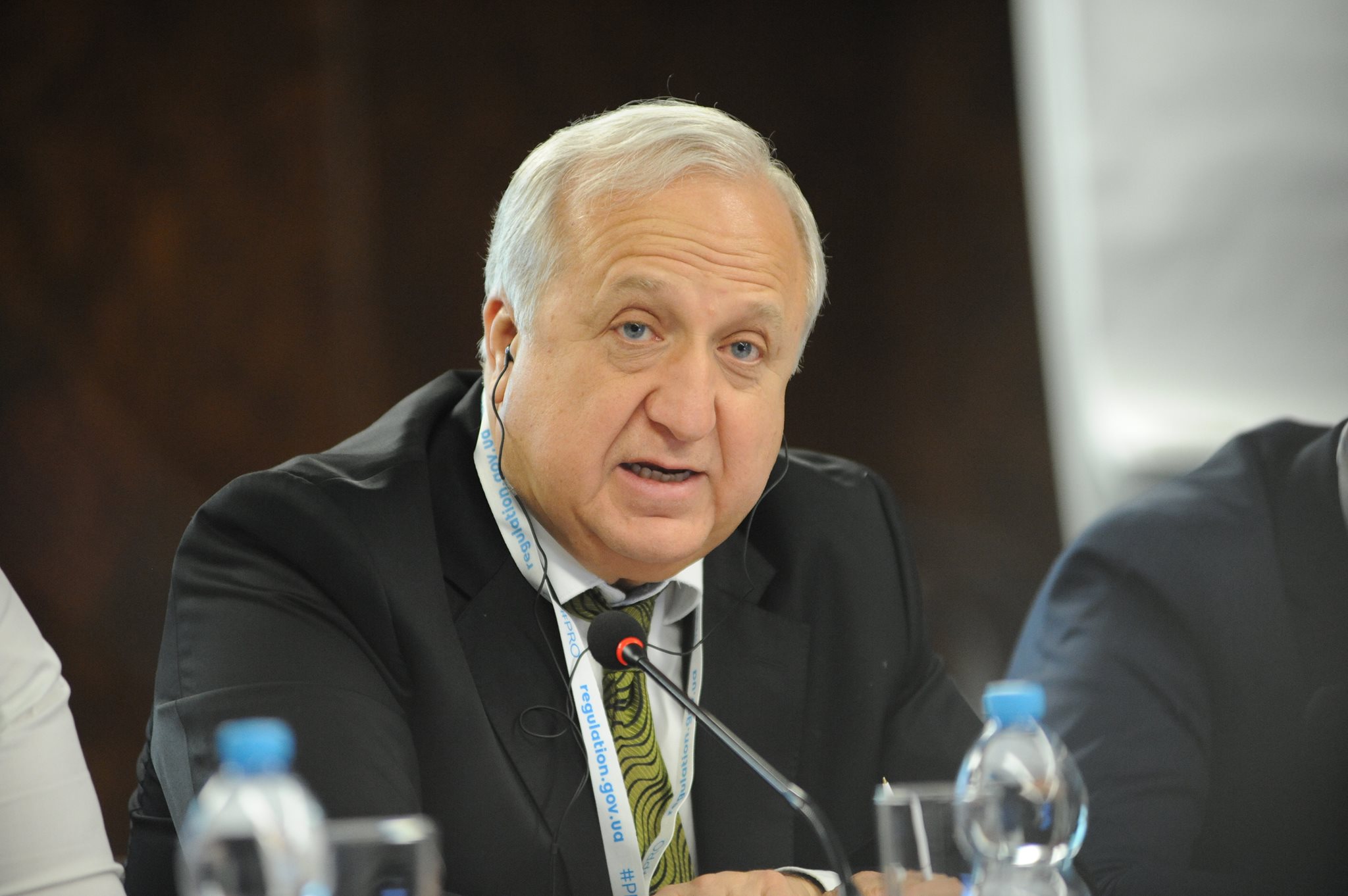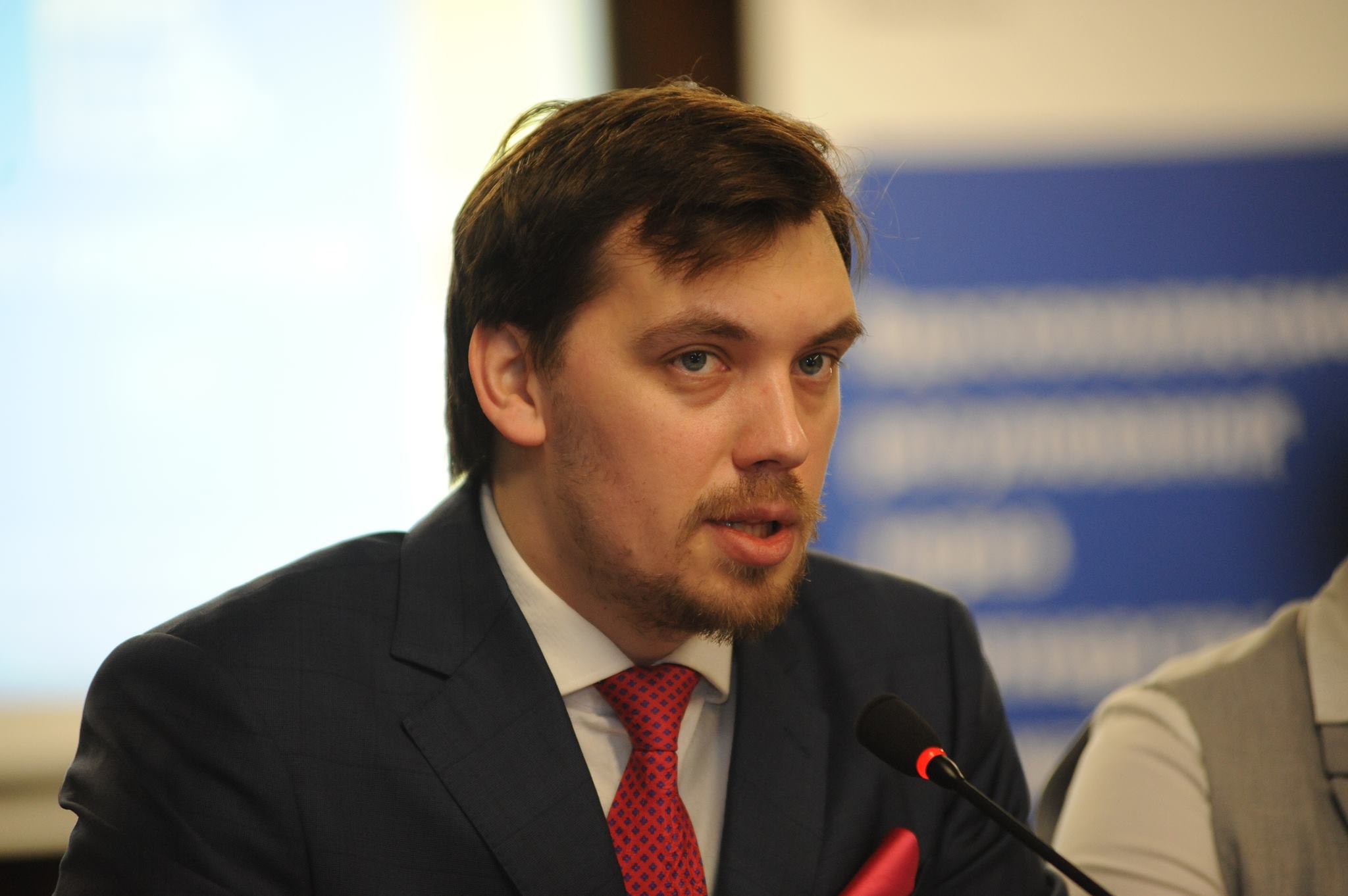Self-regulation as a form of administration and self-control of business associations in world practice significantly reduces the administrative pressure on business and promotes higher standards of business activities, and hence – better protection of consumers’ interests.
In Ukraine, the legislation allows to create self-regulatory organizations in 15 types of activities. In fact, there are only 20 SROs established in 5 types: appraisal practice, land evaluation, land management, architectural activities and professional activity in the securities market. At the same time, dozens of organizations and associations with self-regulatory characteristics and functions can not obtain an official status as it is not stipulated by law.
The government, business and public representatives as well as experts discussed the issues of the introduction and functioning of self-regulation in Ukraine during the round table “Self-regulation in Ukraine: balance of business, government and consumer interests” as part of the Public Dialogue #PRODialogue on November 3.

“In Ukraine, there is currently no holistic approach to self-regulation. 39 regulatory acts that form the regulatory framework do not make it possible to determine either the goals of self-regulation or the status of a self-regulatory organization. The self-regulation is formally impossible in most types of activities due to the lack of special laws, while it is allowed to create SROs for some types, but no procedure is foreseen. For example, it is advertising, audit and security guard activities,” the BRDO leading analyst Ihor Lavrynenko said, presenting the results of the review of the regulation quality in this area – the Green Paper “Self-regulation in Ukraine”.
For example, the tourism industry, where powerful organizations and associations have been operating for more than one year, while being capable of implementing the self-regulation and exercising similar SRO functions, but in fact, can not obtain this status.

As for the areas, in which SROs have delegated powers, they vary chaotically in each particular activity. This provokes abuses of granted official powers by civil servants/SRO bodies. In particular, the construction industry, where only the SRO is entitled to allow carrying out professional architectural activities, but it often refuses to citizens, who are not members of such an organization, contrary to the law or makes unreasonable demands for professional liability insurance.
“The main problem, which is voiced everywhere and makes us today talking about deregulation and self-regulation, is distrust of business to the state. But do business representatives trust each other, so they could jointly agree on consolidated requirements in addition to the state ones and jointly fund an organization that will monitor their compliance? I have doubts. If they trusted each other, we would already have effective self-regulatory organizations,” the Head of the State Regulatory Service Kseniya Lyapina emphasized.

“The SRO regulation is a very delicate process. It is important to keep the balance and control of the process – on the one hand, preserving the powers of government bodies and, on the other hand, providing self-regulatory organizations with an opportunity to develop, implement their own requirements and rules,” the EBRD Director in Ukraine Shevki Adjuner said.
“We understand that it is necessary to start with developing the policy, but not the laws. As a result, it will become clear whether the law is needed or not and how exactly the state policy in self-regulation should be developed,” the BRDO Head Oleksiy Honcharuk said.
The event was attended by representatives of the Ministry of Economic Development and Trade, the Ukrainian Chamber of Commerce and Industry, the Professional Association of Capital Market Participants and Derivatives, the PU “All-Ukrainian Agrarian Council”, the Phytosanitary Association of Ukraine, business, expert circles and the public.
